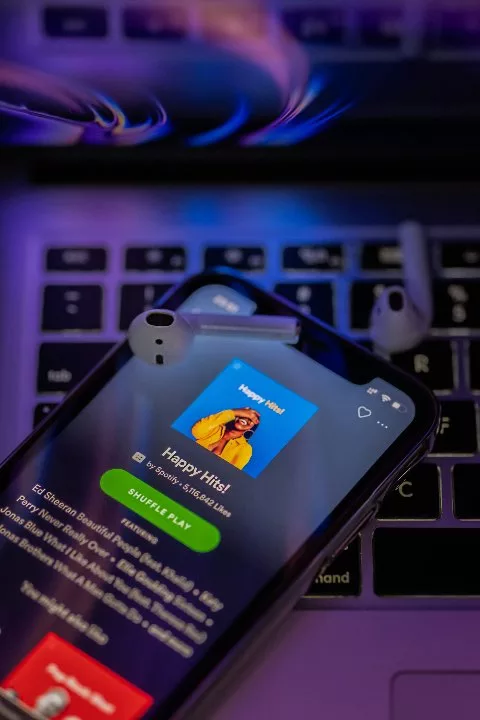My favourite genre of music: a question I’ve found becoming increasingly difficult to answer over the years, and it’s only now that I’m discovering why. Whilst we may not be listening to more, or less music than before, today’s era of genre-blurring, experimental DJ remixes and mood-based Spotify playlists underscores a significant shift in the nature of what we listen to.
It appears that we may be moving towards ‘genreless’ music, a sound that transcends categorisation. This distinct change in the concept of ‘genre’ is evident when considering many artists. From Silk Sonic to Wet Leg to Declan McKenna’s experimental What Happened to the Beach, the labels we could once easily ascribe to 1970s rock or 90s hip hop are no longer so easy to attribute, and fewer artists can be defined by one particular genre.
Instead, we are seeing increasing experimentation with sound and style. Take one example, Lil Nas X: one of the reasons he became so huge overnight is since his 2019 chart-topping single, ‘Old Town Road’, uniquely blurs genre lines. It is hip-hop, pop, rap, country and country trap, all simultaneously, and in fact, the song was removed from the Billboard country charts as it had been ‘mis-genred’. The decision, seen by many as racially motivated, also demonstrates why the artist’s mix of genres, specifically his choice to incorporate country, was so significant and intriguing: it highlights the declining authority of outdated genre expectations and boundaries. In this case, Lil Nas X’s queer cowboy iconography contradicts traditional assumptions surrounding both country music’s sound and image.
This defiant blurring of music categories concerns not only established artists but has seen a spike thanks to technological musical experimentation. TikTok is the perfect platform for this: my For You Page is filled with sped-up songs, mashups, unexpected collaborations and DJ remixes blending a multitude of diverse genres. Although some more experimental fusions can fall flat, talented DJs such as Never Dull and his self-described “absurd remixes” fusing almost any popular song with house and a touch of his Latin American heritage, have gained him almost 200k Instagram followers, thousands of Soundcloud streams, and a single in the Billboard US Dance Charts. Having remixed songs ranging from Ice Spice to Diana Ross to Tyler The Creator and ROSALÍA, it is evident the ‘vibe’ is at the forefront, rather than an adherence to any easily definable genre label.
The concept of ‘vibe’ over genre is also a phenomenon that has completely taken over the way we create and consume playlists. If you, like 602 million others, use Spotify, you will certainly have come across these mood-based compilations: personal daily mixes, ‘main character energy’, ‘wanderlust’, ‘happy hits’, ‘summer bbq’, and many more are recommended to me as I open the app. I recently discovered ‘POLLEN’, a Spotify-made playlist described as “Genre-less. Quality first always”. The hit concept aspires to be “at the leading edge of the popular and the underground” and responds to the increasingly varied listening habits of listeners, aimed also at helping lesser-known artists grow and get discovered more easily. As Kevin Weatherly, Spotify’s head of North American programming, explained in an interview with The New Yorker, Spotify is not an arbiter of taste, but instead “we’re here to try to connect our audience with different types of music, regardless of genre.”
Not to mention, the expectations and definitions connected to genre are always identified after they have been born, and thus their significant features, by definition, refer to the past. In a world primarily preoccupied with the future, it seems we are all moving on from the confined and out-of-date, especially since, according to a study from the Black Lives in Music initiative, four in ten musicians claim to have been pigeon-holed into a genre untrue to them.
Genre should not be forgotten, nor is it becoming entirely irrelevant. Categorisation of music is a natural instinct, and it is evidently necessary in informing taste, as well as helping artists to effectively promote music to a target audience. However, we do not, nor do we feel the need to, rely on it in the same way we once did, and artists and music lovers alike are coming to define and categorise music in new and creative ways.


